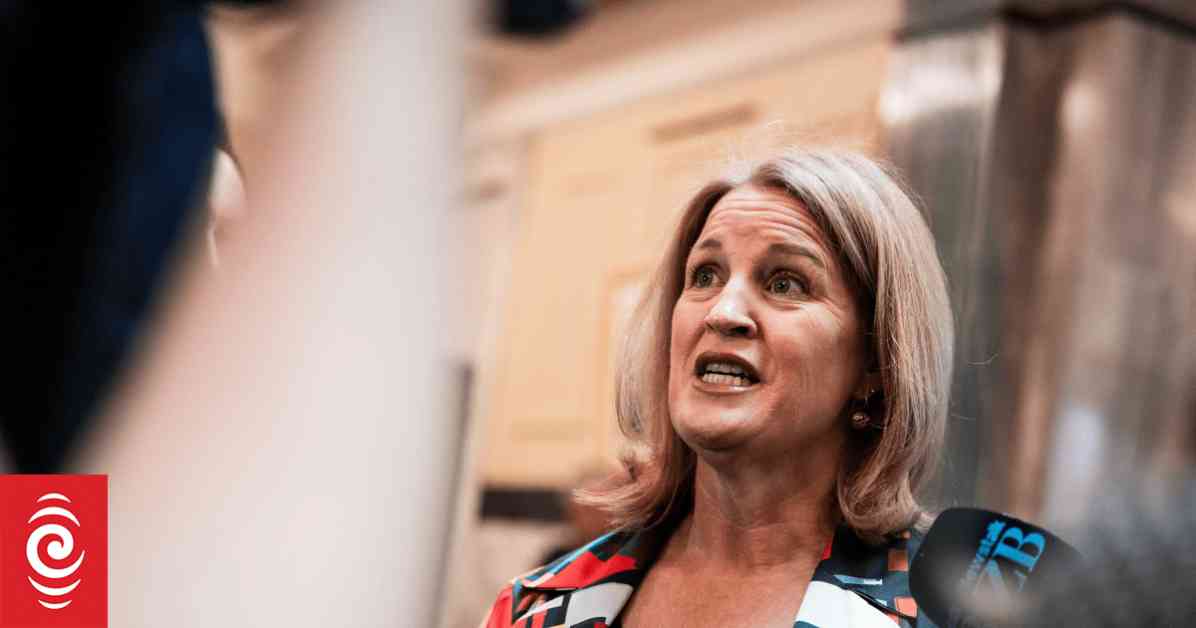Social Development Minister Louise Upston has recently announced tougher rules for benefits for unemployed young people, and the response to this change has been quite mixed in different parts of the country. The new policy unveiled in Thursday’s budget will now subject 18 and 19-year-olds to have their Jobseeker and emergency benefits evaluated based on their parents’ incomes. The aim is to save the government around $163 million over four years, although the specific income levels parents will be tested against have not been determined by Cabinet yet. Upston mentioned that the parental assistance test would be implemented starting July 2027, emphasizing that the welfare system is meant to aid those in greatest need and encourage young individuals to focus on work or study rather than relying on welfare.
The move has sparked various reactions, with beneficiary advocate Kay Brereton expressing concerns about the impact on young adults trying to gain independence. Brereton highlighted the challenges faced by youth unemployment and emphasized the need for support to help them transition into adulthood successfully. She criticized the policy for potentially hindering the next generation’s progress and suggested that young people should be treated as adults if they are expected to behave like one. The change was also seen as burdensome for struggling parents, as it may put additional pressure on those who are already finding it difficult to support their children.
In the Central Hawke’s Bay town of Waipukurau, locals shared differing opinions on the new benefit rules for young people. While some believed that parents should be responsible for supporting their children until they secure employment, others felt that the government should provide assistance to those in need. The Minister’s assertion that young individuals cannot automatically rely on benefits and parents must be prepared to assist them has sparked debates on the role of family and government in supporting youth. Despite the differing views, the focus remains on incentivizing young people to pursue education, training, or employment opportunities to reduce long-term reliance on benefits.
Recent forecasts indicate that individuals under 25 receiving Jobseeker Support may spend a significant portion of their lives on benefits, prompting the government to take action to address this issue. Minister Upston emphasized the importance of investing in the potential of young people as a valuable asset for New Zealand’s future. The government has introduced various initiatives to provide early intervention and support for young beneficiaries, including additional job coaching services and work seminars. While the changes aim to promote self-sufficiency among young individuals, there are provisions in place to ensure that those who genuinely require support can access assistance through the Ministry of Social Development.





